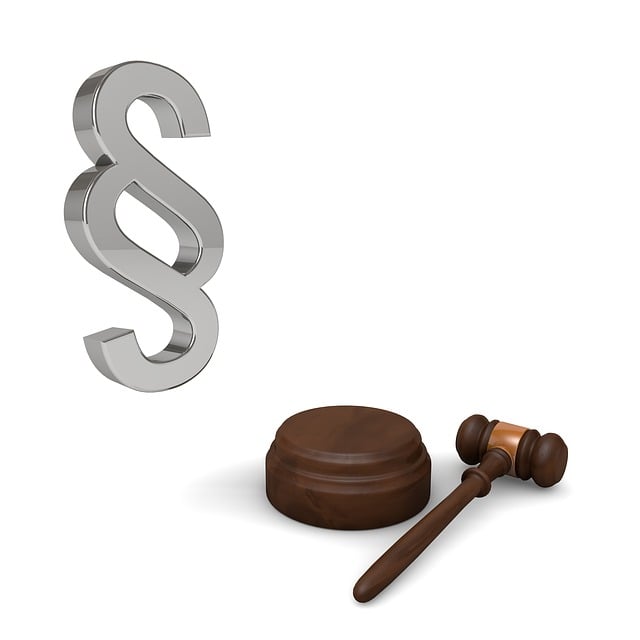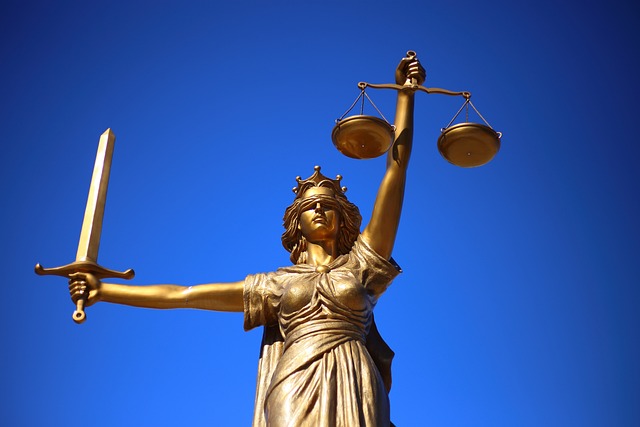Corporate Crime Investigations are crucial for tackling environmental regulations litigation, uncovering violations through record scrutiny to achieve justice and compliance. Success involves balancing corporate and individual needs, leading to favorable verdicts and fostering trust. Mastering strategic approaches, including proactive measures like audits and training, is key to preventing future legal risks and ensuring environmental stewardship in navigating complex regulatory environments.
Corporate Crime Investigations delve into the complex world of environmental violations, where businesses face legal repercussions. Understanding these investigations is crucial for navigating litigation under environmental regulations. This article offers insights into the mechanics of corporate crime probes, focusing on key aspects such as legal perspectives, effective strategies, and real-world case studies. Learn how to successfully manage Environmental Regulations Litigation by exploring these essential components, providing a roadmap for businesses aiming to avoid and mitigate legal pitfalls.
- Understanding Corporate Crime Investigations
- Environmental Regulations: A Legal Perspective
- Strategies for Effective Litigation Navigation
- Case Studies: Success in Environmental Lawsuits
Understanding Corporate Crime Investigations

Corporate Crime Investigations delve into complex matters where businesses and their leaders face legal repercussions for unethical conduct. Understanding this process is crucial for navigating environmental regulations litigation, a growing concern across the country. It involves meticulous examination of corporate actions, policies, and records to uncover violations, with the aim of achieving justice and deterring future transgressions.
Successful investigations require a strategic approach, balancing the needs of both corporate and individual clients. By mastering this art, law enforcement and legal teams can secure winning challenging defense verdicts, ensuring accountability while fostering a culture of compliance. This meticulous navigation through regulatory complexities is essential for maintaining trust in the business world.
Environmental Regulations: A Legal Perspective

Navigating Environmental Regulations Litigation requires a deep understanding of the legal framework surrounding environmental laws and their enforcement. Companies must be aware that non-compliance can lead to severe consequences, including substantial fines, legal actions, and even criminal charges for individuals responsible. The white collar defense strategy should focus on proactive measures to ensure adherence to these regulations. Regular audits, employee training, and robust internal controls are essential tools to avoid indictment and demonstrate good faith efforts towards environmental stewardship.
Achieving extraordinary results in such cases often lies in meticulous record-keeping and transparent communication. Companies should maintain comprehensive documentation of their environmental practices and decisions, fostering a culture of accountability. By staying informed about legislative changes and industry best practices, organizations can proactively address potential gaps in their operations, thereby minimizing the risk of legal complications and safeguarding their reputation.
Strategies for Effective Litigation Navigation

Navigating complex corporate crime investigations requires a strategic approach to achieve favorable outcomes, especially when facing Environmental Regulations Litigation. One key strategy is to proactively develop a robust compliance program that meets all applicable regulations. This includes regular audits and training sessions for employees, ensuring everyone understands their responsibilities and potential legal implications of non-compliance. By fostering a culture of adherence to environmental laws, companies can significantly reduce the risk of litigation in the first place.
During litigation, an effective strategy involves thoroughly reviewing all evidence and documenting compliance efforts. This enables defense teams to present compelling arguments demonstrating due diligence and good faith attempts to comply with regulations. Additionally, leveraging expert witnesses who specialize in environmental law can bolster a company’s case. A well-prepared defense that articulates how the organization has addressed its regulatory obligations can lead to a complete dismissal of all charges or, at minimum, achieving extraordinary results, including favorable settlements and jury trials.
Case Studies: Success in Environmental Lawsuits

In recent years, environmental regulations have become a hotbed for corporate crime investigations, leading to some notable case studies where companies faced severe legal repercussions for their actions. When navigating environmental lawsuits, understanding the nuances of regulation and crafting robust defenses are key. Success in these cases often lies in how well organizations comply with environmental laws and their ability to present compelling arguments in court.
Many high-profile examples demonstrate winning challenging defense verdicts against large corporations accused of violations. These include white collar and economic crimes related to pollution, waste management, and resource exploitation. Through meticulous documentation, expert testimony, and strategic legal maneuvering, successful general criminal defense strategies have emerged, setting precedents for future litigation. This highlights the importance of proactive risk management and comprehensive compliance programs in preventing environmental lawsuits from escalating.
Corporate crime investigations, particularly in the realm of environmental regulations, demand a strategic approach. By understanding legal perspectives and employing effective litigation strategies, organizations can successfully navigate complex lawsuits. The case studies presented highlight the impact of thorough investigation techniques and robust legal representation. For businesses aiming to prevent and respond to environmental issues, mastering How to Navigate Environmental Regulations Litigation is an indispensable skill, ensuring compliance, mitigating risks, and fostering a sustainable future.






